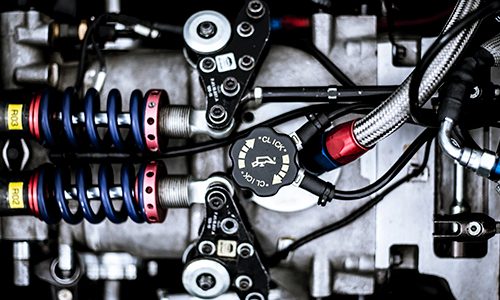Irish Times Women’s Podcast Roisin Ingle interviews Prof Veronica O’Keane
The past year will leave its imprint of all of our lives.
Think of babies born during this pandemic whose first year will have been spent in such a limited way – no physical contact with grandparents, wider family or friends – little chance for socialisation.
So this Irish Times Women’s Podcast on memory and how we remember things seemed very timely.
Veronica O’Keane, professor of psychiatry at Trinity College Dublin has written a book on the subject – The Rag and Bone Shop: How We Make Memories and How Memories Make Us.
She talked to Roisin Ingle about how our brain makes and reshapes our memories and thereby our lives.
It’s her first book, but one that’s been germinating for 37 years since her early days as a perinatal psychiatrist in London treating women who were severely depressed or psychotic.
One stood out. Edith became psychotic following the birth of her baby. She became bewildered, stopped communicating verbally and was ignoring the baby.
On the way to hospital, she passed a graveyard and spotted a small old stone that was slightly tilted. In an instant, she realised that was where her actual baby was buried – and believed that her husband and baby were not the real people but identical replacements.
Edith got better and was reunited with husband and baby.
But on the way to hospital she passed that same graveyard, saw the same tilted headstone and the whole range of experience came back to her with vivid force.
Yes, she understood that what she had felt was delusional, she told Veronica O’Keane, but to her the memories remained real – they jolted her right back there.
Roisin Ingle has a lovely relaxed style and this made for a truly interesting conversation about our brain and how it works.
Thank you Prof O’Keane for the reassuring news that after the age of 55, your hippocampus is not so effective, your short term memory falters and no wonder you can’t remember where you put your glasses or your keys.
But, more positively, there is a greater contentment in life.
There was much to be gleaned from listening to this fascinating account of how our brains and our memories make us who we are.
Listen too, for Prof O’Keane on the destruction of the audiotapes collected as part of the inquiry into the Mother and Baby homes.
Those voices are a “wealth” of deep history which has now been lost, she said.
Recent Posts
- The Solar System is positively lousy with magnetic fields. They drape around (most of) the planets and their moons, which interact with the system-wide magnetic field swirling out from the Sun.
- Pregnant people cannot register for a Covid-19 vaccine prior to 14 weeks’ gestation.
- Mikel Arteta was not consulted over Arsenal’s decision to appear Amazon’s All or Nothing documentary this season
- Singapore should embrace openness and equip the people with the experience and skills to succeed, said Mr Heng.. Read more at straitstimes.com.
- Down on an atomic level, glass is a jumbled mess of atoms, which makes it easily prone to distortion and cracking. Now, chemists have discovered how to arrange the atoms within glass in such a way, the resulting material can even rival the strength o

